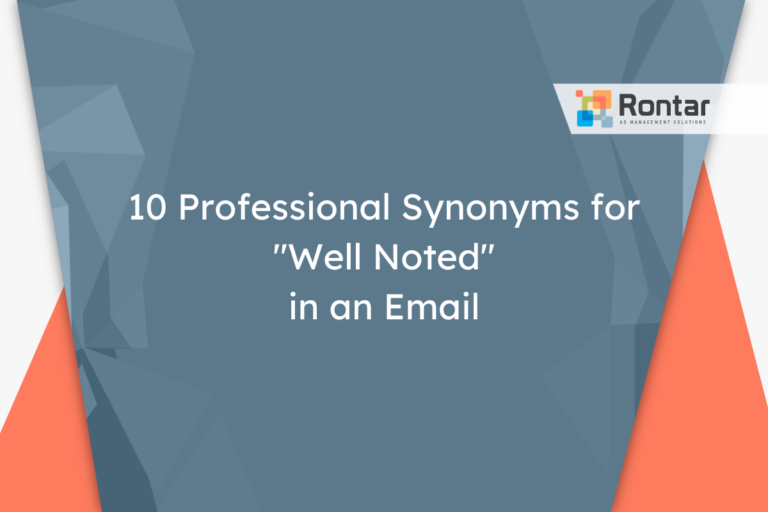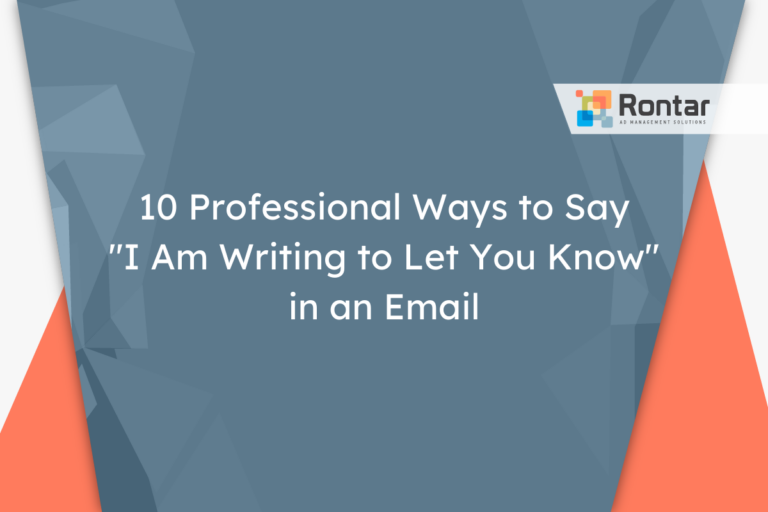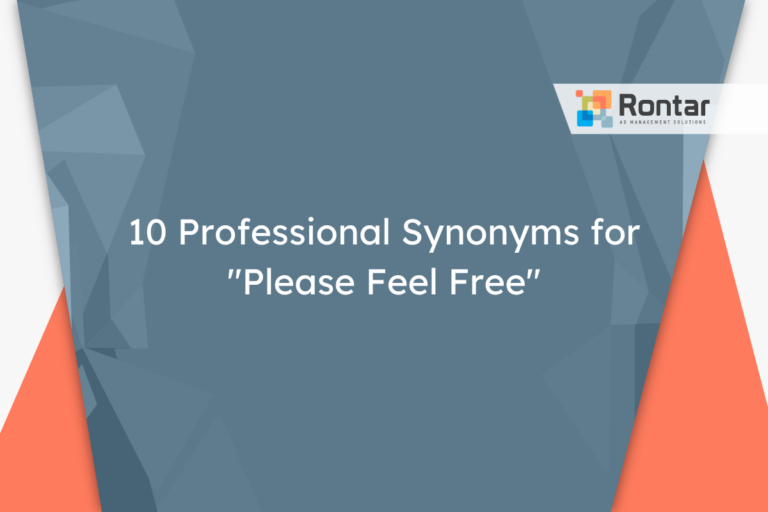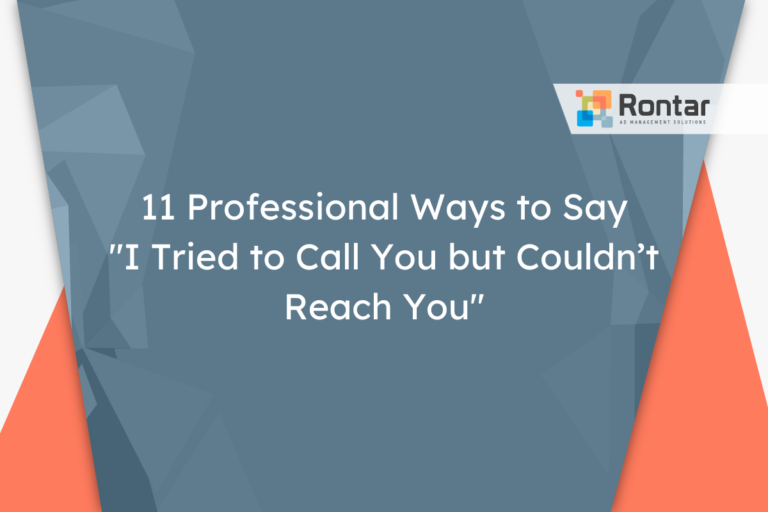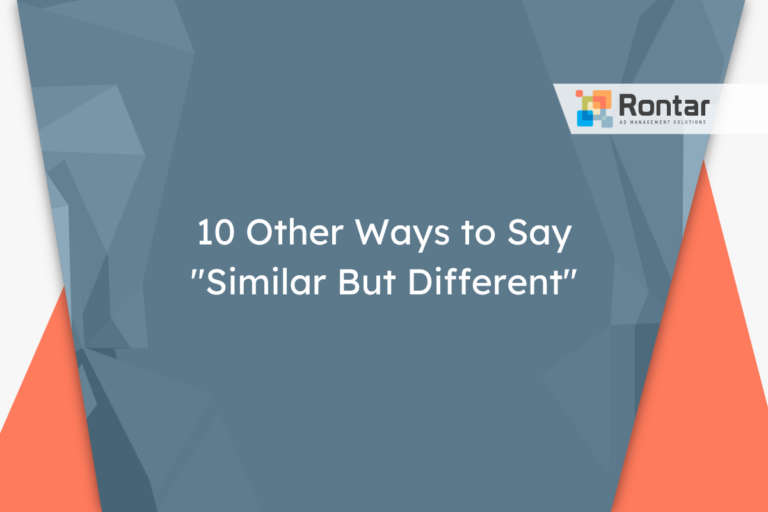10 Other Ways to Say “It Was a Pleasure Speaking With You” (With Samples)
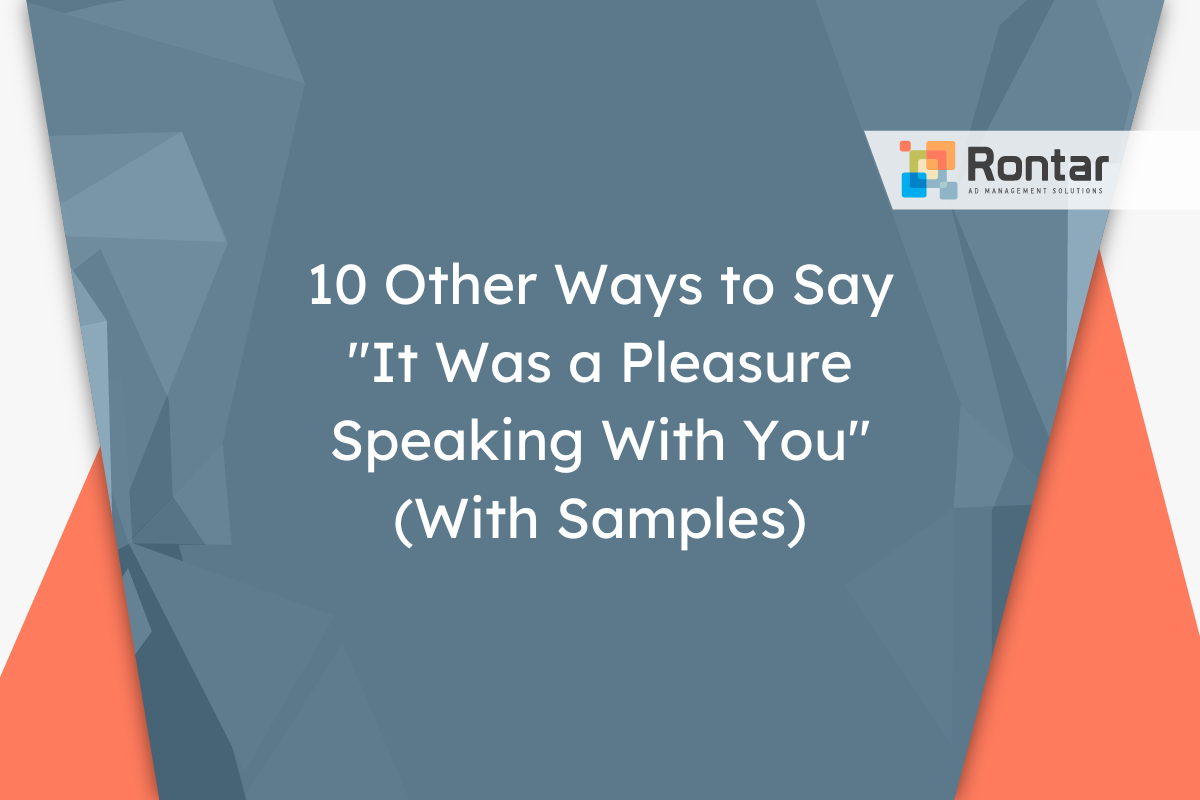
In many professional conversations, it’s important to leave a good impression. Saying “It was a pleasure speaking with you” is a common way to do this, but there are many other phrases that can express the same sentiment.
This article will explore 10 different ways to convey appreciation for a conversation. Each will be explained with scenarios where they are most appropriate, along with short email examples to see how they can be used in real life.
Is It Professional to Say “It Was a Pleasure Speaking With You”?
Yes, it is professional to say “It was a pleasure speaking with you.” This phrase is formal enough to be used in professional settings, yet polite and warm, making it a great way to end conversations on a positive note. Generally, you can use this phrase after a productive meeting, a helpful phone conversation, or a constructive interview. It signifies respect and appreciation for the other person’s time and contribution.
Here is a short example of how you could use this phrase in an email:
Hi Alex, Thank you for sharing your insights during our meeting today. Your suggestions were highly helpful and will surely play a significant role in our project's direction. It was a pleasure speaking with you. Best regards, Emily
Now, let’s look at the pros and cons of using this phrase.
Pros:
- Shows appreciation for the conversation.
- Ends the interaction on a positive note.
- Is professional, yet carries a warm tone.
- Can make future interactions more likely and open.
Cons:
- Could be considered overly formal in very casual settings.
- May sound clichéd if overused in every conversation.
In some scenarios, someone might want to use an alternative phrase. This might be due to wanting to sound more original or because the phrase seems too formal for the situation. Additionally, having synonyms or alternatives ready can help diversify one’s language, making conversations sound more engaging. Choosing an alternative can also be influenced by the desire to match the tone of a conversation more closely, making the closing remarks feel more personalized and sincere.
10 Other Ways to Say “It Was a Pleasure Speaking With You”
Let’s explore a variety of professional and warm alternatives to the commonly used phrase “It was a pleasure speaking with you.”
- Thank you for the insightful conversation.
- Glad we could talk.
- I greatly appreciated our conversation today.
- It was wonderful speaking with you.
- Thank you for speaking with me.
- I’m grateful for the opportunity to discuss with you.
- It was good to talk to you.
- It was nice meeting you.
- It was a pleasure to meet you
- It was great to see you.
1. Thank you for the insightful conversation.
This alternative is similar to the original phrase but adds a touch of gratitude specifically for the insights gained during the conversation. This version is both polite and implies that the conversation had depth and value. It’s particularly professional and can be used in both formal and semi-formal scenarios.
When the conversation has provided valuable insights or new understandings, this alternative is better suited. It emphasizes the quality of the content discussed, making the other person feel valued for their contribution.
Here’s a short example for an email:
Hi Mark, I wanted to extend my thanks for today's meeting. Your perspectives on our project have offered new directions for us to consider. Thank you for the insightful conversation. Best, Lisa
2. Glad we could talk.
This phrase is very informal and implies a sense of gratitude for the conversation. It’s less about the pleasure of meeting and more focused on the opportunity to speak. This makes it a great alternative for casual or brief interactions.
It’s best used when you want to express appreciation for the conversation itself, rather than the formal act of meeting. Ideal for quick chats, catch-up calls, or informal meetings, this phrase adds a personal touch to your messages. It’s perfect for when you want to highlight the value of the conversation.
Here’s how you might use it in an email:
Hey Sam, Just wanted to drop you a quick note to say glad we could talk earlier about your ideas for the project. I think we're on the right track and I'm excited to see where it goes. Cheers, Mia
3. I greatly appreciated our conversation today.
This alternative emphasizes the speaker’s appreciation more deeply, making it polite and professional. It suggests that the conversation had significant value or impact on the speaker, making it slightly more personal than the original phrase.
This phrase is better suited when you want to express a deeper level of gratitude, especially after conversations that had a notable impact on your work or perspective. It’s still formal enough for professional settings but adds a touch of personal appreciation.
Email use example:
Hi Olivia, Following our discussion this morning on the project deadlines, I've been able to align my team's priorities more effectively. I greatly appreciated our conversation today. Kind regards, Tom
4. It was wonderful speaking with you.
This variation adds a warm, positive undertone to the message, implying that the conversation was not only productive but also enjoyable. It’s both polite and leans slightly towards the informal side, making it perfect for less strictly formal contexts.
Better suited for when you’ve had a conversational tone and want to reflect that warmth in your parting words. While it’s professional, it carries a more personal feeling, making it ideal for following up on networking opportunities or informal meetings.
Sample email:
Hi Benjamin, Your innovative ideas on streamlining our workflow were refreshing to hear. It was wonderful speaking with you. Warm regards, Diana
5. Thank you for speaking with me.
This alternative is straightforward and focuses on the act of speaking itself. It’s polite and professional, and by thanking the-person-directly, it adds a personal touch to the message. This phrase is suitable for both formal and informal contexts.
When you want to express gratitude directly and underline the gratitude for the conversational exchange itself, this phrase is particularly effective. It’s a good choice for acknowledging someone’s time and effort in engaging with you.
Here’s a simple email sample:
Hi Carol, Your feedback on the presentation was invaluable and will help improve our approach for the next quarter. Thank you for speaking with me. Best, Elena
6. I’m grateful for the opportunity to discuss with you.
This synonym emphasizes gratitude and the opportunity to have had the conversation, making it more formal and reflecting a high level of appreciation. It’s polite and well-suited for professional settings where you want to underscore the value of the conversation.
Particularly well-suited after significant meetings where valuable opportunities or decisions were discussed. It communicates a sincere appreciation for the chance to share and receive ideas or information.
For example, in an email:
Hi Henry, The insights you shared about market trends will greatly influence our strategic planning. I'm grateful for the opportunity to discuss with you. Sincerely, Andrea
7. It was good to talk to you.
This is a more casual and straightforward alternative. It’s informal yet remains polite. Because it’s less formal, it’s great for conversations that were friendly or with someone you know well.
This alternative is better suited for less formal interactions, perhaps with a colleague you’re already familiar with or after an informal catch-up. It conveys a relaxed appreciation for the conversation, suitable for lighter topics or more casual professional settings.
Here’s an example:
Hi Mike, It's always refreshing to get your take on the team's direction and strategies. It was good to talk to you. Cheers, Julia
8. It was nice meeting you.
This alternative is a bit more informal and relaxed compared to the original phrase. It’s commonly used in both casual and semi-professional settings. The word “nice” adds a friendly touch, making it suitable for first-time meetings or casual introductions. It’s a synonym for expressing enjoyment or satisfaction after an interaction.
This phrase is better suited for situations where you want to leave a warm and friendly impression. For instance, after a casual business meeting, networking event, or social gathering. It strikes a balance between being polite and approachable, making it a versatile option.
Here’s an example of how you can use it in an email:
Hi Alex, Thank you for taking the time to meet with me today. It was nice meeting you and learning more about your project ideas. I'm looking forward to exploring how we can work together in the future. Best regards, Emily
9. It was a pleasure to meet you.
This phrase is more formal and is often used in professional settings. It’s a synonym for saying you’re pleased or satisfied with the meeting. Using “pleasure” elevates the level of formality, making it an excellent choice for first-time business meetings or when interacting with higher-ups.
When you want to emphasize respect and professionalism, we recommend this alternative. It’s especially appropriate for formal introductions, after job interviews, or in correspondence with new clients. It communicates high regard and appreciation for the other person’s time.
Here’s a sample message where this phrase fits perfectly:
Dear Mr. Thompson, I wanted to express my gratitude for our discussion earlier. It was a pleasure to meet you and discuss potential collaboration opportunities. I am very excited about the prospect of working together. Sincerely, Laura
10. It was great to see you.
This alternative is more informal and suggests a pre-existing relationship or familiarity between the parties. It’s ideal for situations where you have met the person before. The word “great” emphasizes enthusiasm and happiness about the reunion.
This phrase is better suited for less formal or more casual interactions, such as catching up with a colleague, mentor, or industry acquaintance. It’s warm and personal, making it perfect for reinforcing existing relationships. We recommend using it in follow-up messages after reunions or social business events.
For example, in an email:
Hello Jordan, Thank you for catching up over coffee yesterday. It was great to see you and hear about all the exciting projects you're working on. Let's keep in touch and plan another meet-up soon. Best, Nicole
Final Thoughts
Choosing the right words to end a conversation can significantly impact how your professionalism and politeness are viewed by others. The alternatives to “It was a pleasure speaking with you” we’ve explored provide a variety of ways to convey gratitude and appreciation, making your conversations memorable. Whether the setting is formal, informal, or somewhere in between, there’s an appropriate phrase for every type of discussion.

